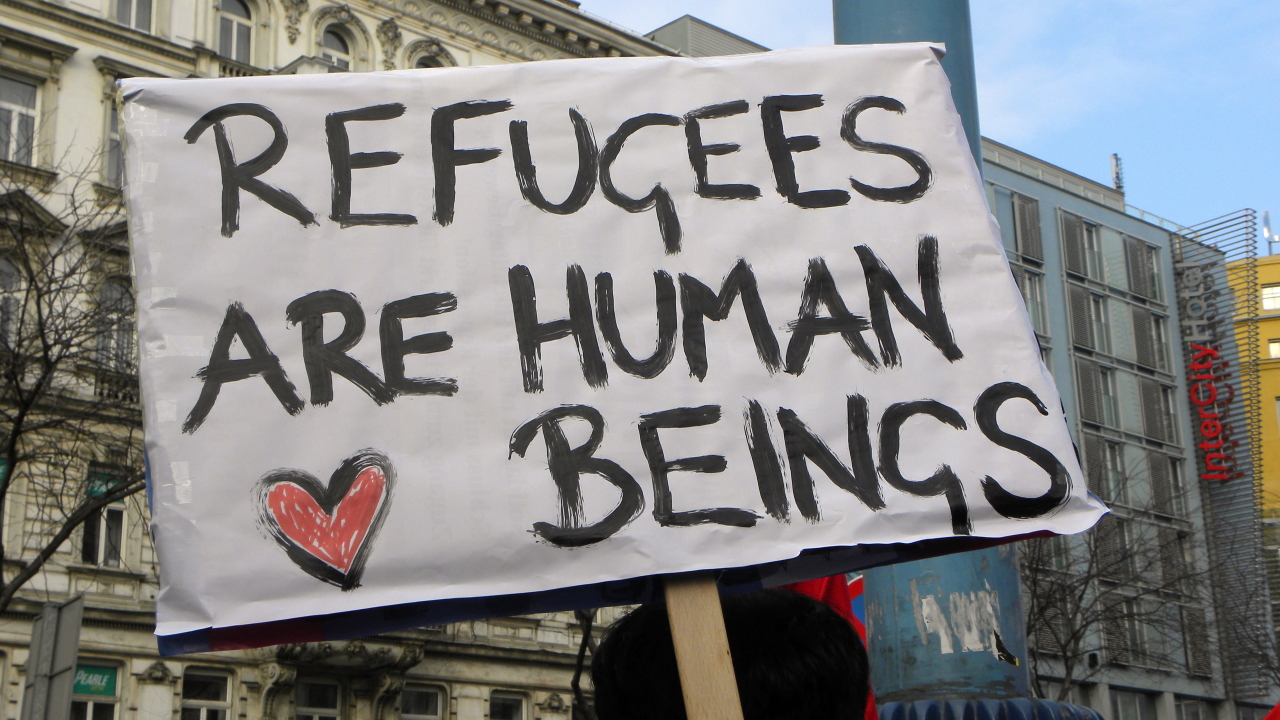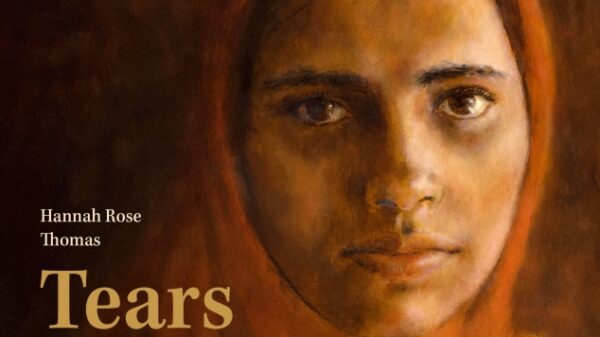Roar writer Haleema Ayyub on the way in which the refugee crisis is often portrayed by mainstream media, and why that must change.
When images of a young Syrian boy of Kurdish origin named Aylan Kurdi, washed up on the shore after drowning in the Mediterranean Sea, began to circulate in 2015, many were stunned into shock. While most responses were empathetic, a general lack of empathy towards refugees has and is gaining traction as we acclimate to the ways in which these stories are typically reported.
Sky News’ recent coverage, for example – videos of reporters on a safe boat, screaming question after question at a group of people in a dinghy that looked quite unsafe – was highly disturbing to view. It reeked of inhumanity. Articles circulating with titles such as “Rescue boats? I’d use gunships to stop migrants” (2015, Originally in The Sun) and “Priti Patel urges France to TOW boatloads of illegal migrants back across the channel…” (2020, published in the Daily Mail) are just a few more examples of such behaviour.
Regardless of the fact that certain newspapers may have a reputation for producing controversial content, these publications still have large readerships and are influential in their own ways. While it is important to let opposing views be heard – I don’t wish to imply that everyone has to think one particular way – I think it is unnecessary to lead with such insensitive and dehumanising titles devoid of any human sympathy, especially when those titles are all some people may read.
https://www.facebook.com/374151396735323/posts/788926395257819/
The migrant crisis has been ongoing for many years, but as the number of people attempting to cross the channel steadily increases, some have raised border concerns. Currently, those seeking safe passage in France are being turned away, forcing many to make a perilous journey across the Channel. However, what the general public are being shown on national news are essentially nothing but voyeuristic videos. Context is rarely provided in a way that allows for empathy. Instead, it’s “where do you come from?”, without a shred of care about the fact that these people have fled from their homes because they are unsafe and politically unstable. It is discomforting to view this crisis from a place of compassion when we are exposed to so many articles that implicitly perpetuate a reductionist view of the plight of refugees.

Excerpt from “Home” by Warsan Shire.
If people are willing to risk their lives to reach safety, the bleak reality of why people are fleeing their homes in the first place should at least be acknowledged. Put quite simply, no one wishes to leave their home and travel in unsafe conditions. It is done only out of necessity and desperation. Particularly during a global pandemic, it is all the more concerning that refugees are being treated with so little remorse and described with such dehumanising language.
From a Western perspective, it is hard to put ourselves into the shoes of people fleeing from wartorn countries. But that is exactly the point – we should have enough collective empathy to imagine how truly painful such an experience must be.
Ultimately, this is also a political problem, and governments have to deal with this crisis and mobilise in the most pragmatic and empathetic way possible. However, the way in which the migrant crisis is often presented by mainstream media outlets must change. Journalists do have a responsibility to context and accuracy: they should highlight why people are fleeing in the first place. Of course, journalism should not solely pander to a certain political agenda. At the same time, however, the general public should not become desensitised to the plight of refugees due to articles or videos that perpetuate an anti-refugee narrative. Instead, a more widespread, empathetic angle should be adopted – for the sake of our collective humanity.

















